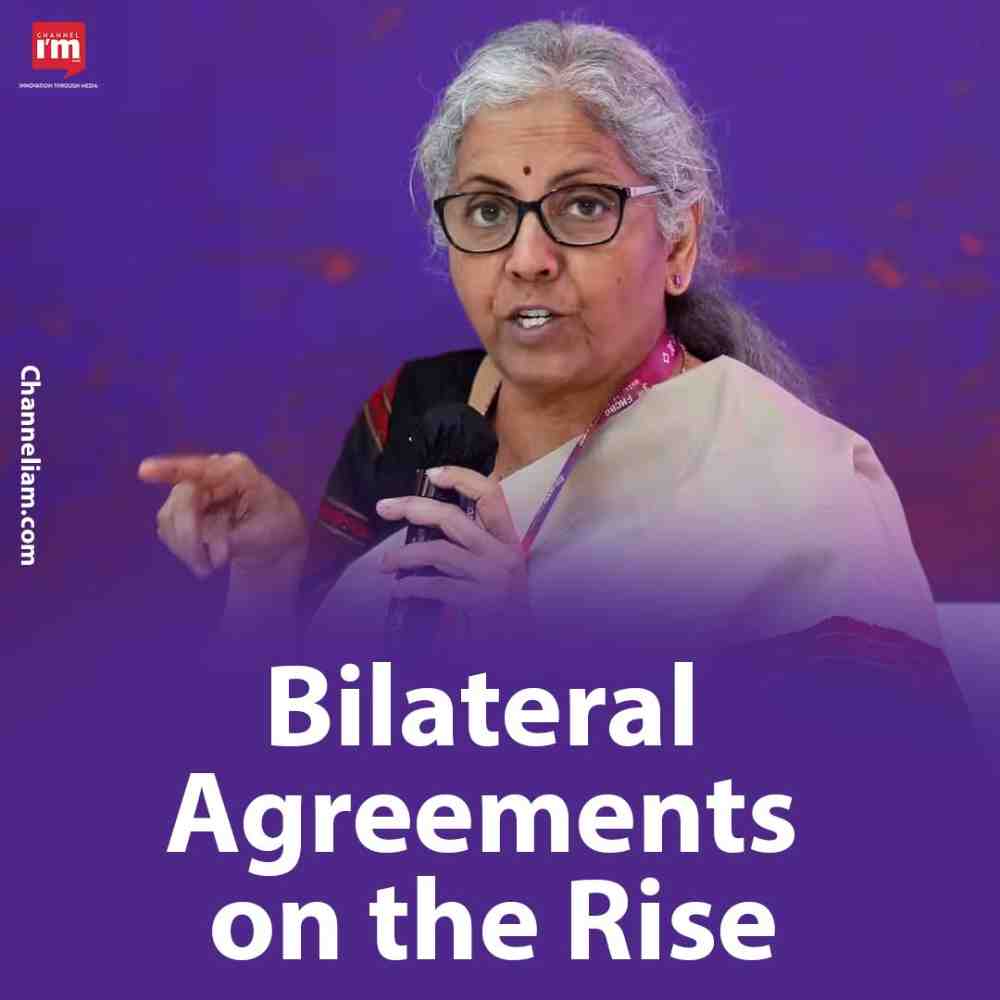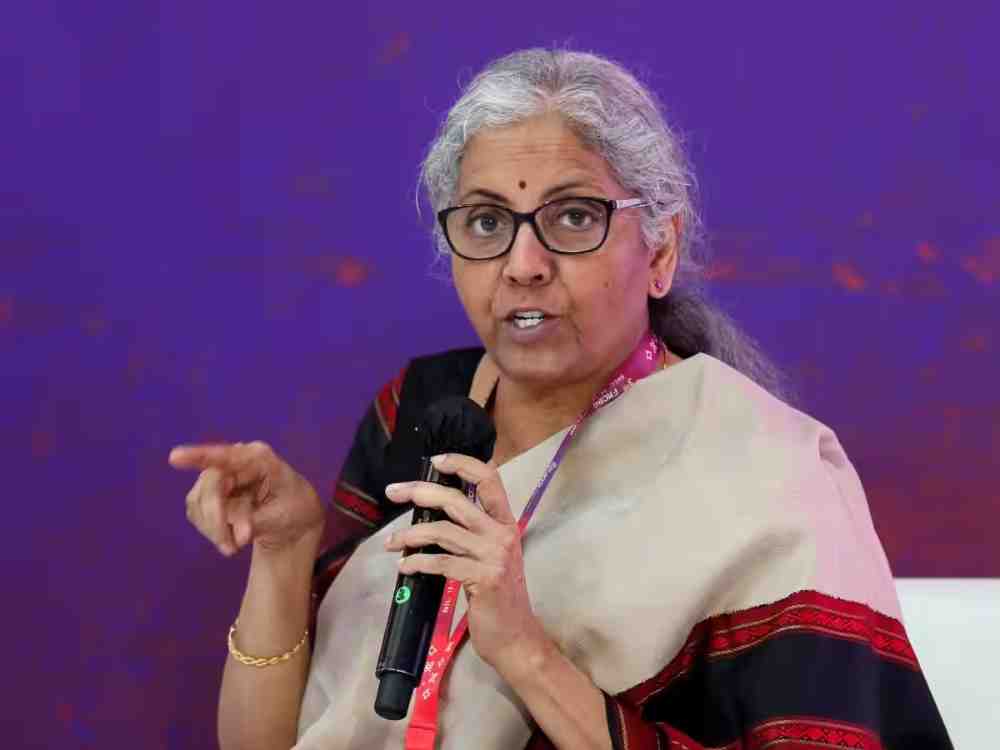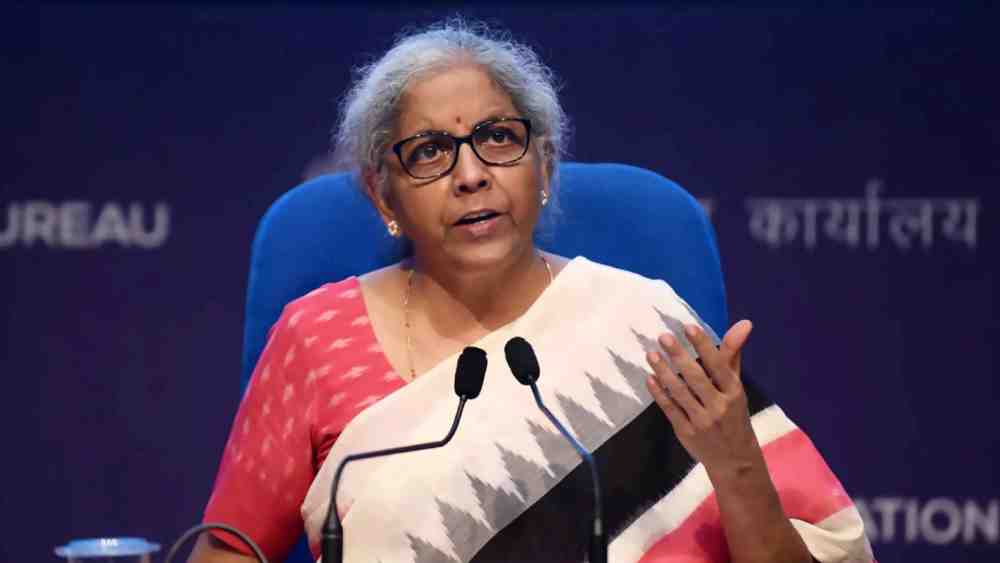
In her recent speech at the India-Sri Lanka Business Summit, Indian Finance Minister Nirmala Sitharaman brought to light the evolving landscape of international agreements. She emphasised that global multilateral treaties, which have long been a hallmark of international diplomacy, are now experiencing a decline. This shift indicates a growing preference for bilateral arrangements among nations. In this article, we delve into the key points made by the Finance Minister, shedding light on the significance of bilateral pacts in today’s world.
Rising Interest in Bilateral Agreements and Regional Currencies
Sitharaman’s remarks underscore the fact that bilateral agreements are gaining prominence on the global stage. She noted that countries are increasingly looking to establish bilateral arrangements with one another, and this trend is being accompanied by a growing interest in conducting trade and economic activities using regional currencies. This shift reflects a desire to reduce dependency on major global currencies, such as the US dollar and the euro.

Global Concerns and Economic Impact
The Finance Minister also acknowledged the presence of several global concerns that have the potential to impact economies across the world. Issues such as conflicts in the Middle East and the Ukraine war, which are causing instability and uncertainty, are now at the forefront of international discourse. Furthermore, these conflicts can have direct implications for the global economy, most notably in terms of fuel prices.
The Ongoing Conflict and Its Economic Ramifications
One key example of how global conflicts can influence the economy is the ongoing war between Israel and Hamas. This conflict has pushed crude oil prices to a notable high of $96 per barrel. The fear is that if the war were to escalate and spread to other parts of the Middle East, it could severely disrupt oil supplies, thereby impacting the energy market and affecting economies worldwide.
Bilateral Pacts: The Pillars of Economic Stability
Sitharaman’s speech emphasised the vital role that bilateral agreements can play in ensuring economic stability and resilience. She encouraged nations to consider such arrangements, as they can help safeguard against currency fluctuations and foreign exchange-driven crises. Bilateral agreements allow countries to collaborate closely, ensuring that shocks due to economic volatilities can be mitigated.

India and Sri Lanka: A Bilateral Partnership
Lastly, the Finance Minister highlighted India’s commitment to supporting Sri Lanka during its recent economic crisis. India provided unprecedented financial assistance totaling over $4 billion. Notably, India was the first bilateral creditor to extend financing assurance to the International Monetary Fund (IMF), paving the way for others to follow suit. This assistance exemplifies the strong bilateral ties and cooperation between India and Sri Lanka.
Nirmala Sitharaman’s speech serves as a reflection of the changing dynamics in international agreements, with a clear shift towards bilateral arrangements and the use of regional currencies. Additionally, the Finance Minister’s words underscore the importance of such pacts in promoting economic stability and resilience in an increasingly uncertain world. Furthermore, her remarks demonstrate India’s dedication to bolstering bilateral relationships and advancing economic cooperation within the region.
